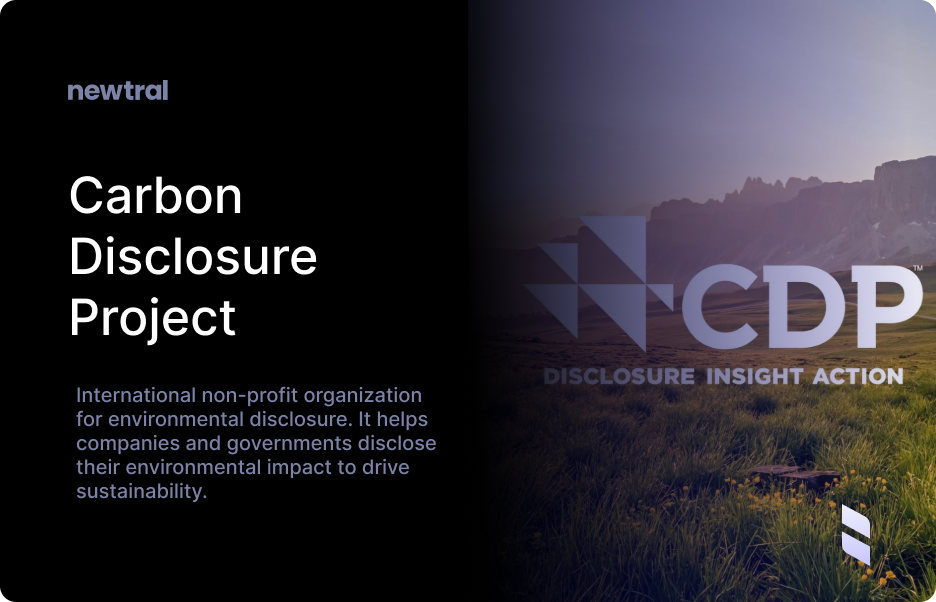What is Carbon Accounting?
Carbon accounting is the process of measuring, monitoring, and reporting greenhouse gas emissions from various sources. It involves quantifying the carbon footprint of individuals, organizations, or activities to support emission reduction strategies.
Purpose
The primary purpose of carbon accounting is to provide accurate data on greenhouse gas emissions, enabling organizations and governments to develop effective strategies for mitigating climate change impacts. It helps identify emission hotspots, set reduction targets, and track progress towards sustainability goals.
Applications
- Businesses: Track and report emissions for regulatory purposes, identify reduction opportunities, and develop carbon-neutral strategies.
- Organizations: Assess environmental impact, set emission targets, and implement sustainable practices.
- Governments: Develop policies, monitor national emissions, and facilitate carbon trading systems.

.png)
.png)

%20png%20(1).png)